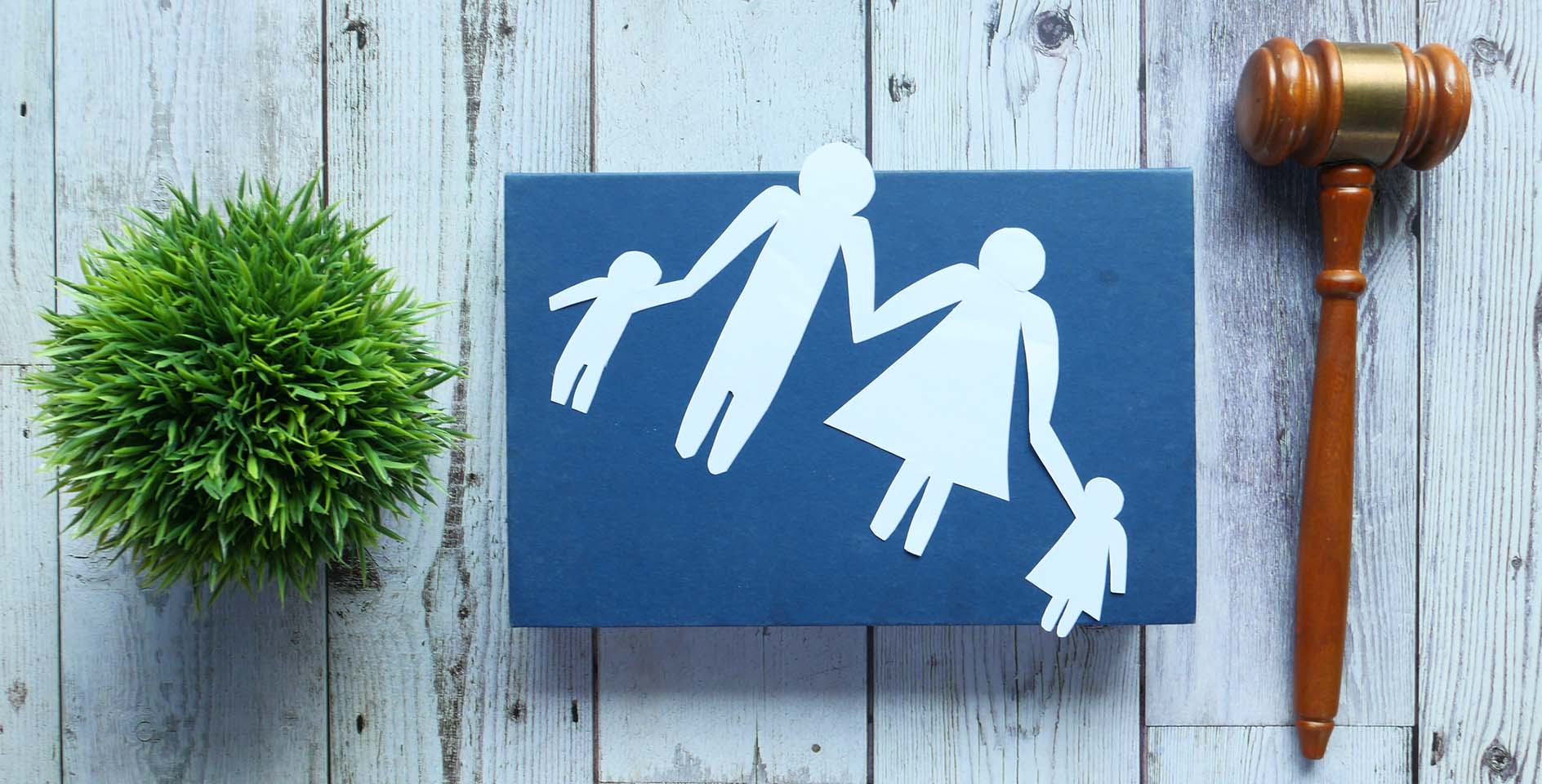If you have cross-denominational friendships, you might have come across the teasing meme, “Baptize yo babies.” Paedobaptists will sometimes lob it at their credobaptist brothers and sisters, alluding to the doctrinal difference between them. What was once a source of deep division — so deep that it included propaganda campaigns and even persecution — is today nothing more than gentle ribbing. During the recent gathering of the Southern Baptist Convention, for example, one Ben Anthony egged on the sibling rivalry on Twitter, promising “If anybody yells ‘baptize your babies’ at SBC on video while it’s quiet, I’ll Venmo you 20 dollars.”
Like all good-natured teasing, this particular jibe works because it’s built on a mutual trust and accepting of each other as we are, while also recognizing and discussing our differences. Your Presbyterian friends will baptize infants, and your Baptist friends will baptize those who make a credible profession of faith.
Ironically however, Baptists sometimes have greater disagreement among ourselves about the exact when and how of baptizing those who confess Christ. Recently, Mark Dever, pastor of Capitol Hill Baptist Church and co-founder of 9Marks, drew attention to the cover of the Spring 2021 edition of Baptist Life. It carried the caption “Building and Rebuilding Healthy Churches” along with a picture of a young child being baptized. “The irony of this cover,” Dever tweeted, “when the widespread baptism of children may be the leading cause of Baptist church rolls being filled with unconverted members.”
Dever is understandably concerned by the threat that an unregenerate membership poses to a congregation; and that is nothing compared with the false hope some members themselves risk when they trust in their baptism for salvation more than Christ’s saving work. But is the baptism of young children to blame for Baptist rolls being filled with the unregenerate? Should we delay baptism until a child is grown? What makes for a credible profession of faith? While godly pastors and parents differ on how to answer these questions, I’m convinced that you should — to riff of our Presbyterian friends — “baptize yo children.”
Childlike faith
In God’s providence, I was born into a Christian family and made a profession of faith at a young age. When my mother explained the gospel to me, I responded to the Holy Spirit’s conviction, and I remember the joy I found in claiming Christ as Savior. I was not baptized immediately because my parents wanted to give space for my faith to show itself, which it did in different ways — including my attempts to evangelize my younger brother by promising to buy him a cap gun if he prayed the sinner’s prayer (Clearly, I had much to learn).
A year or two after my profession, our pastor closed the morning worship service with a call for those who wanted to be baptized to come forward. I turned to my mother and asked if I could go, and she nodded that if I believed God was calling me to this act of obedience, then I could. I did and at the next baptismal service, I confessed my faith in Christ before the gathered congregation and was baptized in the name of the Father, the Son, and the Holy Ghost. I was no more than 7 and so young and tiny that my pastor had to lift me to the microphone to give my testimony.
My own history is evidence neither for nor against baptizing young children, but it does raise a significant question about how we evaluate the credibility of a child’s profession. Pastors and parents who delay baptizing children until they are teens or young adults often do so because they want to ensure that the child is acting out of their full volition. They want to both test the child’s profession as well give them time to understand the significance of what they’re doing by publicly identifying with Christ. As laudable as this goal might be, I think it might overlook a fundamental test of a true profession.
In Matthew 18, the Scripture records a time when Jesus called a child to himself in order to teach a lesson about the nature of the kingdom. “Truly, I say to you,” he said to his disciples, “unless you turn and become like children, you will never enter the kingdom of heaven. Whoever humbles himself like this child is the greatest in the kingdom of heaven.”
Part of what makes a profession of faith credible — whether of a child or adult — is that it is childlike. It is a faith that is humble, dependent, and ready to receive the Savior’s offered sacrifice. Looking back, I realize that I responded with this kind of faith in part because I was a child. I didn’t face the same spiritual hurdles or mental objections that I would eventually wrestle through as my faith matured. Instead, there was a purity and single-mindedness to my submission to Christ as my Savior.
But perhaps just as many people can offer up a similar testimony that doesn’t run as smoothly as mine does. What are we to make of professions of faith that eventually wither? More to the point, does child baptism lead to false assurance of salvation?
A faith that grows
Pastors are right to be concerned that some sitting in our pews have a false sense of assurance. But this often happens when our profession of faith and baptism are understood as ends in themselves, something to be checked off a list. If a confessing Christ is primarily about “getting saved” or “going to heaven when you die,” it shouldn’t surprise us when we see false professions among both children and adults alike. But in these cases, the source of the false profession is not rooted in the age of the individual so much as falsely framing the gospel as personal rehabilitation rather than a choice to come under the care and authority of King Jesus.
But when a child or adult is taught that their profession of faith (and subsequent baptism) is the first step in a lifetime of submitting to Jesus, it reframes the question entirely. No longer is the focus on how old a child is when they come to faith in Christ; the focus now shifts to discipleship regardless of whether the individual is 5 or 35.
In this sense, the problem may not be childhood baptism, but a failure to disciple believers in every stage of life. Like our physical bodies, faith that is living must also be growing. And just like our bodies require proper care and sustenance, our faith does as well. Because here is the inescapable truth: The faith of a 5-year-old will have the same essential quality as the faith of a 35-year-old, but a 5-year-old’s faith must still develop into a 35-year-old’s faith.
I am not suggesting that a child can lose faith once implanted. I am suggesting that as we grow, our faith must grow with us, meeting new challenges and doubts with the timeless answers and promises of Scripture. That adult members of churches act in unregenerate ways may be the result of false childhood professions, but it might as easily be the result of a faith that is on life-support.
The risk of not baptizing
I am sympathetic to the concerns of serious-minded pastors and parents, but I wonder if there is another concern that they’re overlooking. If there are risks to baptizing children, are there risks to not baptizing children when they profess faith?
As much as baptism identifies the individual believer with Christ, it also identifies him or her with the body of Christ. In this sense, baptism brings newly regenerate members into community with other regenerate members. But what happens when we keep a professing child at arm’s length until we are convinced of their sincerity?
Children are not easily fooled. They will quickly recognize our cynicism and take it to heart. Some children will do everything they can to overcome our skepticism and please us. They will learn, among other things, that they must earn their inclusion into the household of God by performance. Still others will learn that the adults around them cannot be pleased — that nothing they do can convince us of their sincerity — and they’ll become discouraged. In the one case, we risk raising pagans and in the other, Pharisees.
It is entirely legitimate to want to see fruit from a child’s profession of faith before baptism, but we must ask ourselves exactly what would convince us? What good works must they perform and how long must they perform them until they are accepted by the body? After all, there is a profound difference between calling a child to obedience on the basis of their profession of faith and calling a child to obedience in order for their profession to be accepted.
First steps
Given all this, what are faithful pastors and parents to do?
First, honor and accept your child’s faith. While we should not pressure, coerce, or manipulate a profession from young children, we also shouldn’t be surprised when they respond in childlike trust to the Jesus we claim is so beautiful. As you teach and present Christ to them, do so believing that if he is lifted up, he will draw all people — including your children — to himself.
Second, if your child does make a profession of faith, recognize that they do not naturally know the next steps. Remember how limited a child’s scope of reference is. As parents, we are the ones introducing the world to them — whether it’s trying a new food, starting school, or understanding the ordinance of baptism. So when there is a baptismal service at church, talk with your children about what you’re doing together as a community, and explicitly tell them that this is symbol is available to them. Do not assume that your child knows this, especially if they’ve not seen other children baptized. You can say something as simple as, “The Bible teaches that those who want to love, follow, and obey Jesus will show this by being baptized. If that’s something you want to do, let me know and we can talk about it more. I will help you.”
The reality is that children face hurdles to baptism that have nothing to do with the validity of their faith or their desire to obey Jesus. But just as we’d never ask a child to sign themselves up for school when they are ready to learn, parents should feel the freedom to direct children to baptismal waters when they see signs of faith and repentance.
But finally and most importantly, recognize that when a child professes faith and is eventually baptized, their journey is only beginning. As my husband and I have explained it to our own children, this is the first step of a lifetime of walking with Jesus.










